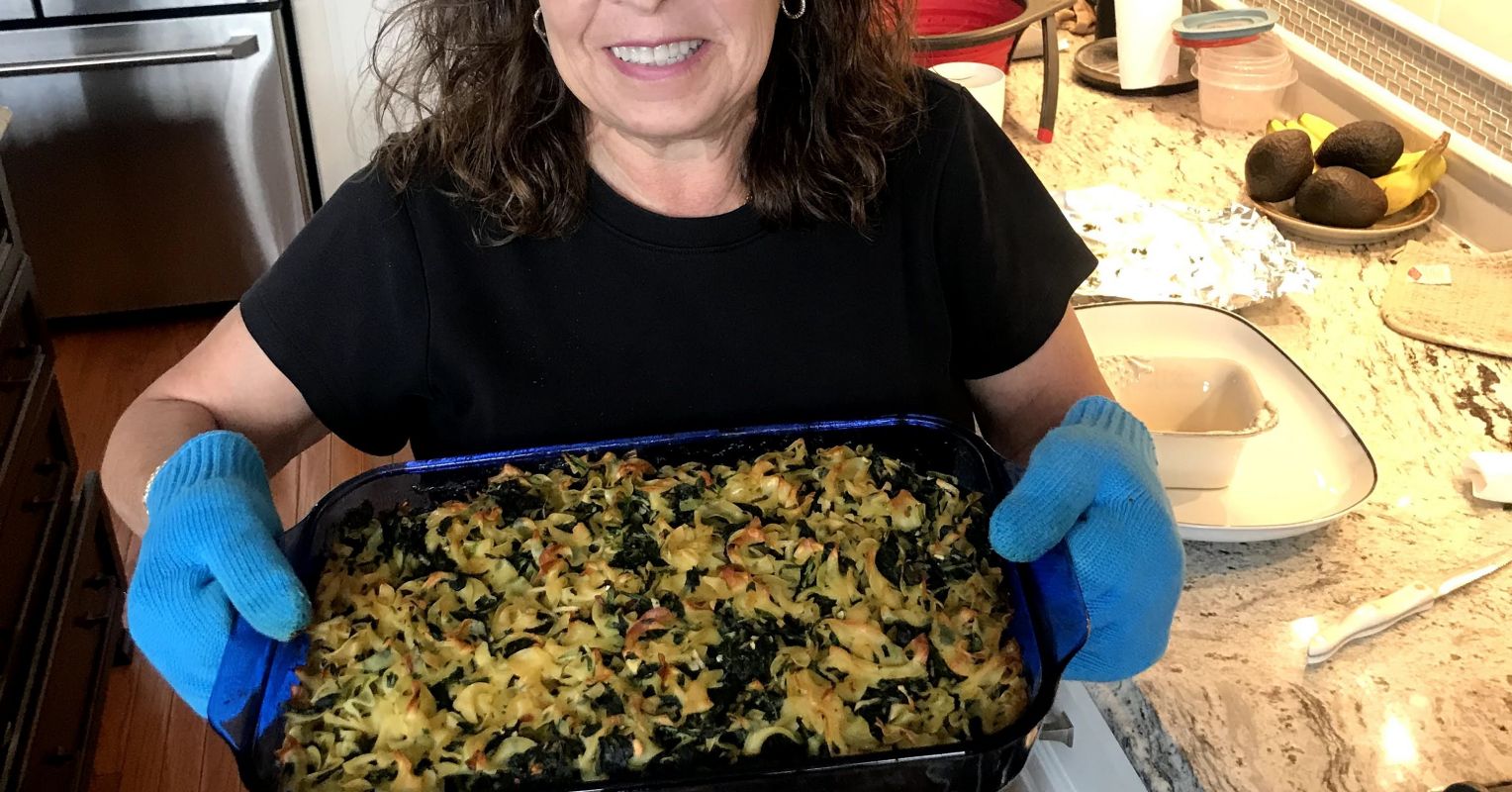
"But... we receive on Thanksgiving the gift of a different pace. Time to decide how best to spend our day is rare, but filled with opportunity. To laugh. To gather. To argue lovingly about stuffing recipes. To lean back in our chair like a satisfied, freshly fed infant in a "milk dream." To navigate the wonder and chaos of family, and then fall asleep while pretending to "rest your eyes.""
"Thanksgiving begins with sound. Before the parade on TV, before the first relative texts "ETA?," before anyone fights over the wishbone, the kitchen starts warming up. Pots rattle with a rhythm. A wooden spoon taps the bowl, auditioning for percussion. Someone hums a melody. A child opens the refrigerator for the 20th time and whines, "I want a snaaaack," receiving the universal parental chorus: "Please close the door." The house becomes an orchestra tuning before the conductor lifts the baton."
"Small sounds may carry gratitude. Kids often feel and understand the music of emotions better than adults. Ask a child what gratitude sounds like, and you may hear: "Grandma singing." "Sitting at the keyboard and playing with notes." "The sound you make when someone squeezes you tight." Small feet racing toward a big hug. What joyful percussion. Children's hugs are as much a gift for us as to them. If we listen closely, gratitude has its own soundtrack, constantly changing."
Thanksgiving creates a different, slower pace that opens rare time for laughter, gathering, friendly recipe debates, rest, and navigating family complexity. The kitchen starts the day with layered sounds—pots, spoons, humming, and repeated refrigerator openings—forming an informal orchestra as preparations begin. Small sounds can signal gratitude, and children often perceive emotional music through singing, playful notes, and squeezes. Rapid footsteps and hugs act as joyful percussion, while mundane household noises shift into an evolving soundtrack of appreciation. The day provides collective space for a deep breath and attention to ordinary sensory moments amid broader challenges.
Read at Psychology Today
Unable to calculate read time
Collection
[
|
...
]